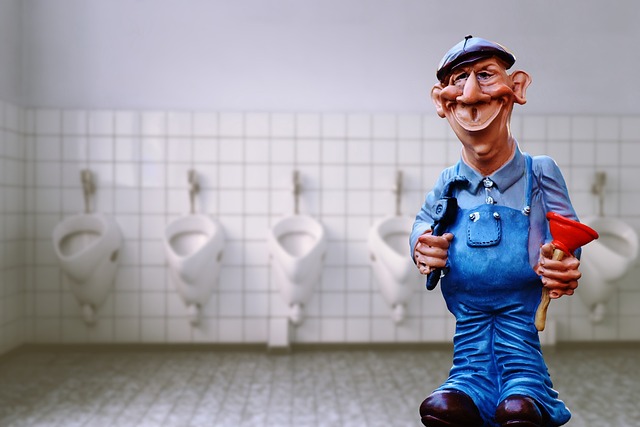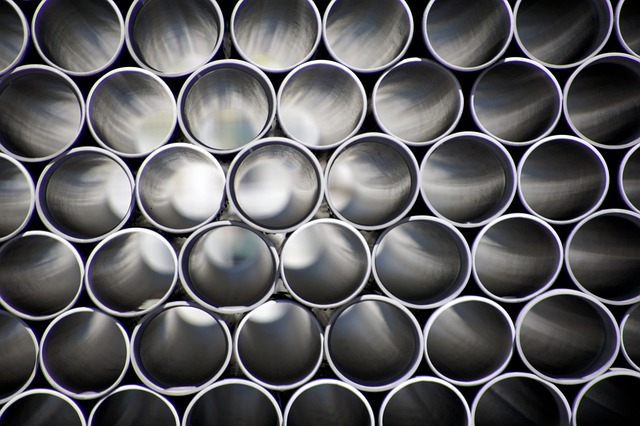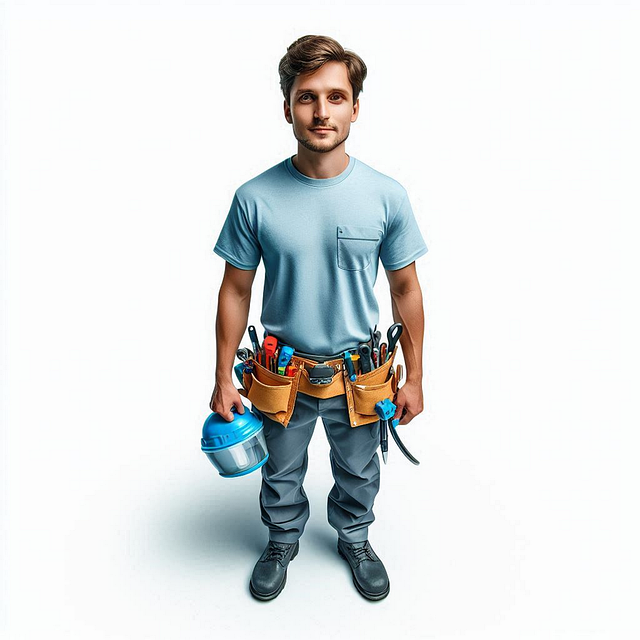Understanding water quality is crucial for homeowners. Local sources can vary water composition, leading to issues like high chlorine, lead, bacterial contamination, or hard minerals. Regular checks by a plumber help identify these problems. Water filtration systems such as carbon, reverse osmosis (RO), and ultraviolet (UV) types ensure clean and safe drinking water, with UV adding an extra layer of protection against bacteria and viruses. Water softening using ion exchange resin technology transforms hard water into a more manageable form. Common issues in home treatment systems include clogging and scale buildup, requiring regular maintenance. Choosing the right plumber for installation or repair is vital; look for professionals with expertise, positive reputations, and transparent pricing.
Looking to improve your home’s water quality? Understanding the right water treatment system is crucial. This guide navigates the complex world of water filtration and softening, offering insights on various systems, their benefits, and maintenance needs. From identifying common issues to selecting the ideal plumber for installation or repair, you’ll discover expert advice for ensuring clean, safe water for your family.
- Understanding Water Quality and Treatment Needs
- Types of Water Filtration Systems: Benefits and Maintenance
- Softening Water: The Role of Ion Exchange Resins
- Common Issues in Home Water Treatment Systems
- Choosing the Right Plumber for Water System Installation or Repair
Understanding Water Quality and Treatment Needs

Understanding Water Quality and Treatment Needs is a crucial first step for any homeowner considering water treatment systems like filters or softeners. According to many plumbers, the quality of your water can vary greatly depending on local sources and even your specific plumbing setup. Different contaminants require distinct treatment methods, ranging from simple filtration to complex softening systems. Regular checks by a plumber can help identify issues such as high levels of chlorine, lead, bacteria, or hard minerals, which can impact both health and appliances.
Knowing when and why water treatment is necessary is key. A plumber can guide you through the process, recommending suitable filters or softeners based on your water test results. This ensures not only better-tasting water but also extends the life of your plumbing fixtures and appliances by reducing mineral buildup and corrosion.
Types of Water Filtration Systems: Benefits and Maintenance

Water filtration systems are an essential part of any home or business, ensuring clean and safe drinking water. There are several types available, each with unique benefits and maintenance requirements. Among the most common are carbon filters, reverse osmosis (RO) systems, and ultraviolet (UV) filtration. Carbon filters are effective at removing chlorine, bad odors, and some contaminants, making water taste better. They require regular replacement to maintain efficiency, usually every 6-12 months, depending on usage and the quality of incoming water.
Reverse osmosis systems offer a more comprehensive solution by removing a wide range of contaminants, including heavy metals, bacteria, and pesticides. UV filtration complements these systems by killing bacteria and viruses, providing an extra layer of protection. While RO systems are highly effective, they can be energy-intensive and may produce significant amounts of wastewater. Regular maintenance involves backwashing the system and replacing filters or membranes every 1-3 years to ensure optimal performance. A professional plumber can guide you in choosing the right system based on your water quality needs and offer advice on ongoing maintenance.
Softening Water: The Role of Ion Exchange Resins

Water softening is a vital process, often recommended by plumbers, to transform hard water into a more manageable and pleasant form. At the heart of this process lies ion exchange resin technology. These resins are highly efficient at removing calcium and magnesium ions, commonly responsible for water hardness.
The ion exchange process involves passing water through a softener filled with resin beads. Hard water minerals adhere to the resin’s surface while softer ions like sodium or potassium replace them, effectively softening the water. This technology is not only effective but also environmentally friendly, as it reduces the need for harsh chemicals typically used in water treatment. Plumbers often recommend regular maintenance and replacement of these resins to ensure optimal performance.
Common Issues in Home Water Treatment Systems

Many home water treatment systems, while effective in improving water quality, can face several common issues over time. One of the frequent problems is clogging, which occurs when minerals, sediment, or debris accumulate in the filters. Regular maintenance, including backwashing or replacing filters as recommended by manufacturers, is crucial to prevent this from happening. Neglecting these tasks can lead to reduced water pressure and even system failure.
Another challenge is scale buildup, particularly in areas with hard water. Water softeners are designed to address this by replacing minerals that cause scaling, but they require regular regeneration using salt or potassium-based compounds. Skipping regenerations can result in ineffective softening and potential damage to plumbing, highlighting the importance of adhering to maintenance schedules suggested by plumber professionals for optimal system performance.
Choosing the Right Plumber for Water System Installation or Repair

When considering water treatment systems, such as filters or softeners, selecting the appropriate plumber for installation or repair is a crucial step. It’s essential to find a professional who possesses the knowledge and skills to handle your specific needs. Look for plumbers with experience in various water system technologies and a proven track record of successful projects.
Reputation matters; seek recommendations from friends or neighbors who have had positive experiences with local plumbers. Additionally, verifying licenses and insurance is vital to ensure compliance with local regulations and financial protection. A reputable plumber will offer transparent pricing, detailed explanations of the work involved, and post-installation support to guarantee your water system operates optimally.
When it comes to ensuring pristine water quality for your home, understanding your treatment needs is key. The right combination of filters, softeners, and regular maintenance from a trusted plumber can transform your water into a healthy, enjoyable resource. By choosing the best systems for your unique situation and addressing common issues promptly, you’ll reap the benefits of clean, safe water for years to come. So, whether it’s removing contaminants or softening hard water, trust a professional plumber to guide you in maintaining an optimal water treatment system tailored to your needs.
